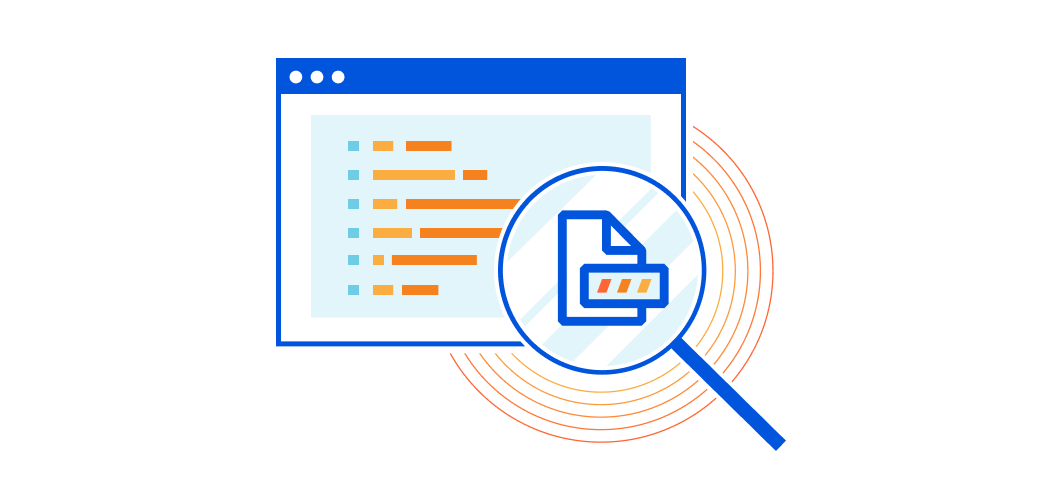
If you’re writing code: what can go wrong, will go wrong.
Many developers know the feeling: “It worked in the local testing suite, it worked in our staging environment, but… it’s broken in production?” Testing can reduce mistakes and debugging can help find them, but logs give us the tools to understand and improve what we are creating.
if (this === undefined) {
console.log("there’s no way… right?") // Narrator: there was.
}
While logging can help you understand when the seemingly impossible is actually possible, it’s something that no developer really wants to set up or maintain on their own. That’s why we’re excited to launch a new addition to the Cloudflare Workers platform: logs and exceptions from the dashboard.
Starting today, you can view and filter the console.log output and exceptions from a Worker… at no additional cost with no configuration needed!
View logs, just a click away
When you view a Worker in the dashboard, you’ll now see a “Logs” tab which you can click on to view a detailed stream of logs and exceptions. Here’s what it looks like in action:
Each log entry contains an event with a list of logs, exceptions, and request headers if it was triggered by an HTTP request. We also automatically redact sensitive URLs and headers such as Authorization, Cookie, or anything else that appears to have a sensitive name.
If you are in the Durable Objects open beta, you will also be able to view the logs and requests sent to each Durable Object. This is a great tool to help you understand and debug the interactions between your Worker and a Durable Object.
For now, we support filtering by event status and type. Though, you can expect more filters to be added to the dashboard very soon! Today, we support advanced filtering with the wrangler CLI, which will be discussed later in this blog.
console.log(), and you’re all set
It’s really simple to get started with logging for Workers. Simply invoke one of the standard console APIs, such as console.log(), and we handle the rest. That’s it! There’s no extra setup, no configuration needed, and no hidden logging fees.
function logRequest (request) {
const { cf, headers } = request
const { city, region, country, colo, clientTcpRtt } = cf
console.log("Detected location:", [city, region, country].filter(Boolean).join(", "))
if (clientTcpRtt) {
console.debug("Round-trip time from client to", colo, "is", clientTcpRtt, "ms")
}
// You can also pass an object, which will be interpreted as JSON.
// This is great if you want to define your own structured log schema.
console.log({ headers })
}In fact, you don’t even need to use console.log to view an event from the dashboard. If your Worker doesn’t generate any logs or exceptions, you will still be able to see the request headers from the event.
Advanced filters, from your terminal
If you need more advanced filters you can use wrangler, our command-line tool for deploying Workers. We’ve updated the wrangler tail command to support sampling and a new set of advanced filters. You also no longer need to install or configure cloudflared to use the command. Not to mention it’s much faster, no more waiting around for logs to appear. Here are a few examples:
# Filter by your own IP address, and if there was an uncaught exception.
wrangler tail --format=pretty --ip-address=self --status=error
# Filter by HTTP method, then apply a 10% sampling rate.
wrangler tail --format=pretty --method=GET --sampling-rate=0.1
# Filter using a generic search query.
wrangler tail --format=pretty --search="TypeError"We recommend using the “pretty” format, since wrangler will output your logs in a colored, human-readable format. (We’re also working on a similar display for the dashboard.)
However, if you want to access structured logs, you can use the “json” format. This is great if you want to pipe your logs to another tool, such as jq, or save them to a file. Here are a few more examples:
# Parses each log event, but only outputs the url.
wrangler tail --format=json | jq .event.request?.url
# You can also specify --once to disconnect the tail after receiving the first log.
# This is useful if you want to run tests in a CI/CD environment.
wrangler tail --format=json --once > event.jsonTry it out!
Both logs from the dashboard and wrangler tail are available and free for existing Workers customers. If you would like more information or a step-by-step guide, check out any of the resources below.
- Go to the dashboard and look at some logs!
- Read the getting started guide for logging.
- Look at the tail logs API reference.

